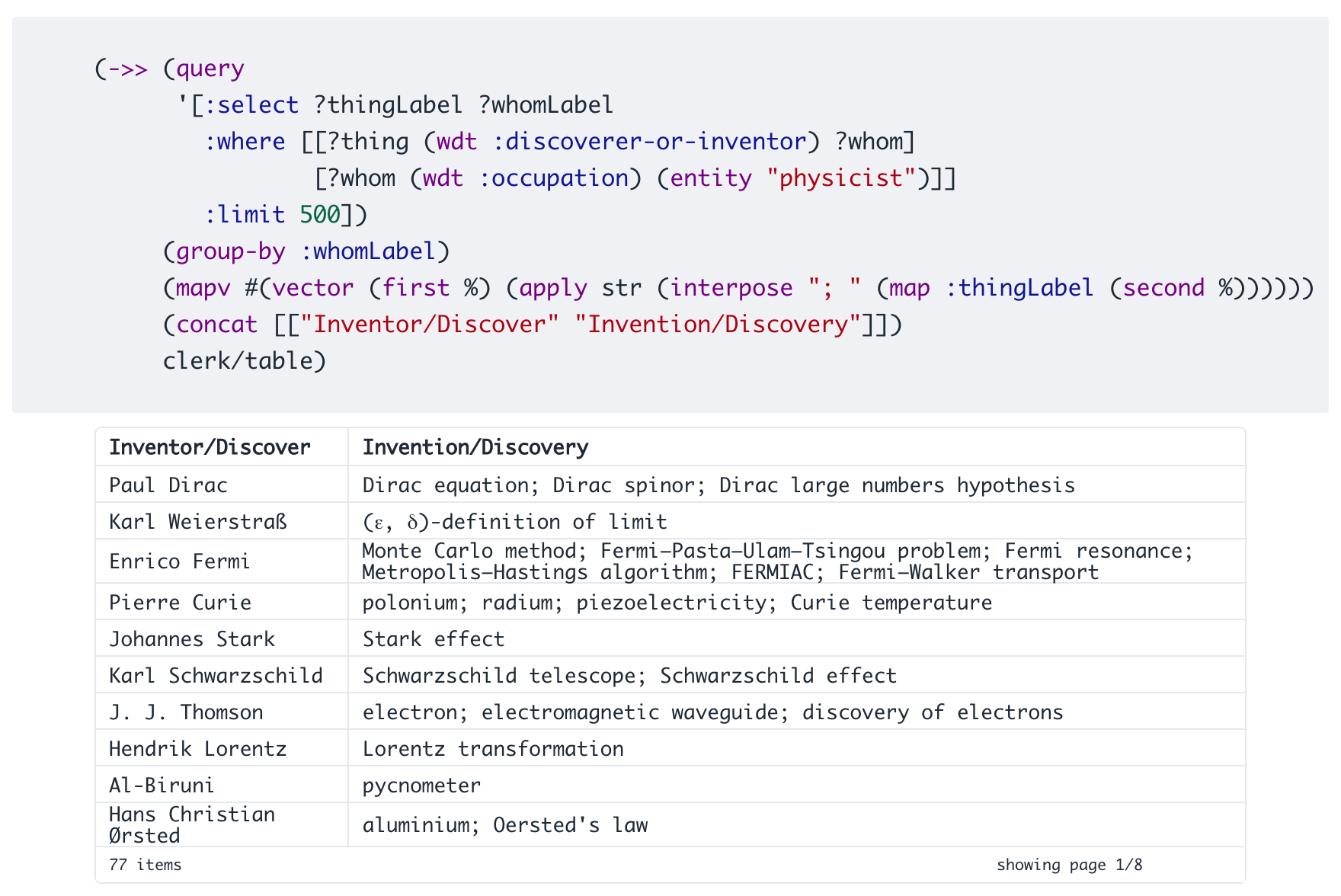🎙 Future of Coding: Scott Anderson • End-user Programming in VR 🛸 Clojure Computational Notebook 🔧 Paint Machine 🏗️ Brutalist Lua
📢 We are working on Review Jam a week to experience some of the projects that appear on this newsletter and provide constructive feedback, check the site and subscribe to the mailing list to stay updated!
Our Work
📝 Intro to Sutro: raising the level of abstraction for programming by multiple orders of magnitude via Owen Campbell-Moore
Hi All! I’ve created a new Domain Specific Language (DSL) for people to express “product definitions” of consumer products (apps+web apps), which can then be “compiled” into full running software, and a platform that actually generates the app builds, generates and hosts the backend and web apps etc.
My belief is that it is too hard to build consumer software today. This difficulty is in large part because we build at too low a level of abstraction. I believe we should raise the level of abstraction to the conceptual level for defining most features, and only write custom code for things that can’t be expressed at this high level. With that approach, we can compile the high-level abstraction to native UI for all platforms and make developing polished x-platform software ~1000X+ easier.


[x] Change Month and Week Number
[x] focWeekExport 2021-04-19 2021-04-26
[x] Summary
[ ] Hashtags
[x] Check that comment links work (push weekly dump with channel summaries)
[x] Check to mention right person for moved messages
[x] Update Search Index
[x] Download New Attachments
https://tinyletter.com/
https://tinyletter.com/marianoguerra/letters/
http://localhost:8000/history/
https://marianoguerra.github.io/future-of-coding-weekly/
https://stackedit.io/